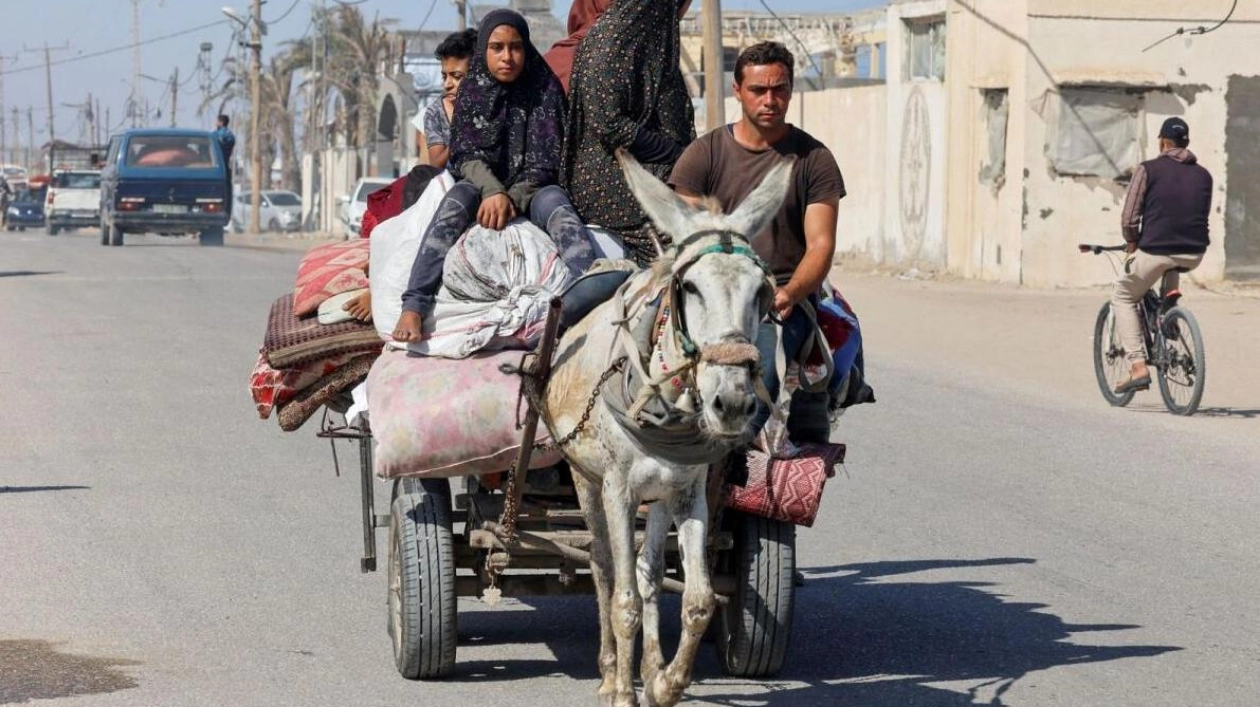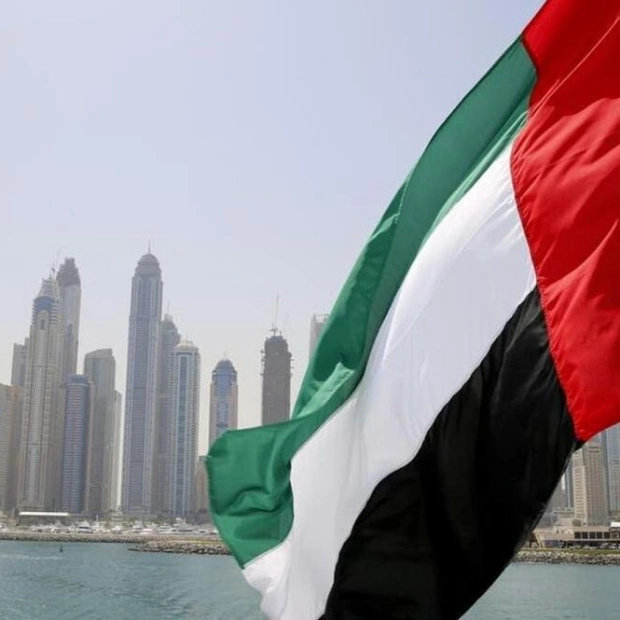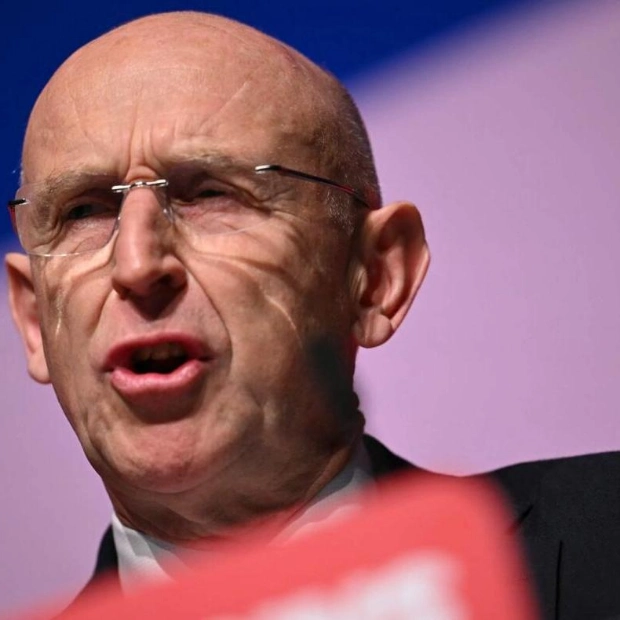On Tuesday, as Israeli tanks advanced further into Gaza City, residents were forced to flee amidst ongoing artillery fire. This marked the second day of a heightened military operation, which Hamas warned could disrupt ongoing ceasefire negotiations. Qatari and Egyptian mediators, supported by the United States, have intensified their efforts to broker a ceasefire agreement that would conclude the conflict in Gaza and secure the release of Israeli hostages in exchange for Palestinian prisoners.
Israeli tanks expanded their presence in several districts of Gaza City, including Shejaia, Sabra, and Tel Al-Hawa, where residents described some of the most intense combat since the conflict began between Israel and Hamas. Social media footage depicted families evacuating in donkey carts and trucks loaded with personal belongings, attempting to escape areas designated for Israeli evacuation.
Um Tamer, a mother of seven, expressed her distress to Reuters via a messaging app, stating, "Gaza City is being wiped out, this is what is happening. Israel is forcing us to leave homes under fire." This was the seventh time her family had evacuated their home in Gaza City, which was one of Israel's initial targets when the war began in October.
The Palestinian Red Crescent reported that all of its medical facilities in Gaza City were non-operational due to the evacuation orders. The escalation of the assault coincided with senior US officials advocating for a ceasefire, following concessions made by Hamas. However, the renewed military campaign could potentially reset the negotiation process, according to Hamas leader Ismail Haniyeh.
Palestinian health officials reported that Israeli airstrikes resulted in six fatalities in a Gaza City house, nine in two houses in Al-Nuseirat and Deir Al-Balah, and three in Rafah. Additionally, an Israeli attack in Al-Bureij camp killed at least seven people, predominantly children. Over 38,000 Palestinians have been killed in the Israeli military response to the Hamas attack.
Despite Hamas' acceptance of a significant aspect of the US ceasefire proposal, significant differences persist between the parties. Israeli Prime Minister Benjamin Netanyahu maintains that any agreement must not impede Israel's ability to continue fighting until its objectives are met, including neutralizing Hamas' threat. A Palestinian official involved in the mediation process indicated that the next step lies with Israel.






